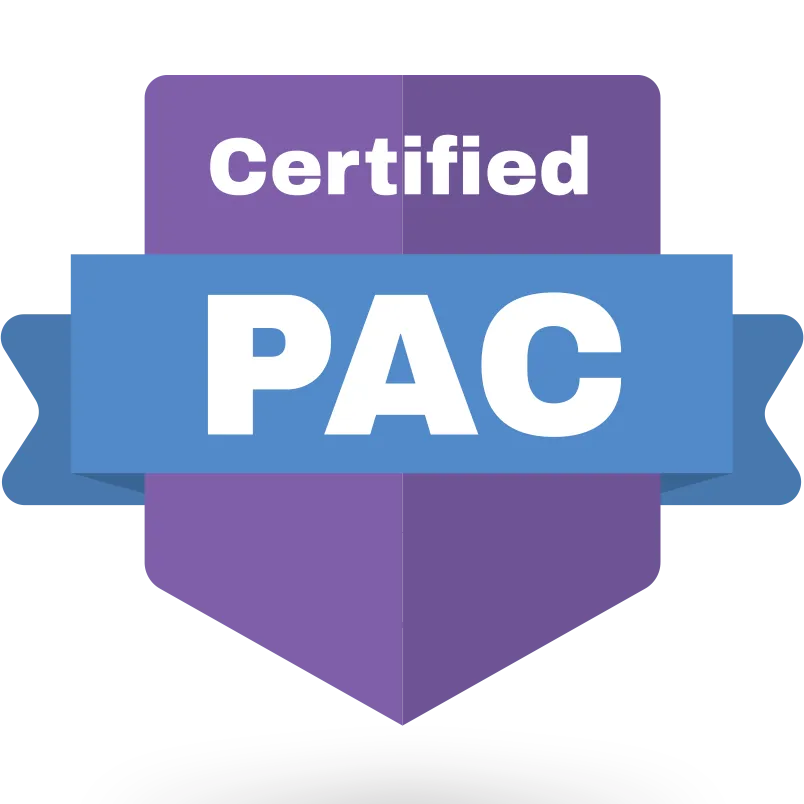
Professional Agile Coach (PAC)
The ultimate program for building, developing and certifying your professional profile as Agile Coach.
100% Online! The Professional Agile Coach (PAC) is a unique program to gain and develop the agile coaching capabilities and take them into action within agile teams.
This course is Sold Out
Join the Waitlist Now
While you wait for doors to reopen, get our news and updates.
Program
This week will be dedicated to learning what coaching is (and what is not). With a detailed description, we will differentiate it from other related disciplines such as training, facilitation, mentoring, consulting, etc. We will also take a tour of a possible career development path in Agile Coaching that goes from Scrum Master and / or Team Facilitator to Enterprise Agile Coach. We will explore different scenarios and competencies necessary in each of them.
We will learn about the Ontological Coaching interpretation of language. We will differentiate observations (affirmations), statements and opinions (judgments). We will also identify the different uses we can make of language, such as: descriptive or generative. How to use language effectively and what are the dangers of not being aware of the language use. This will be our cornerstone for the rest of the program.
This week you will be practicing listening. The focus will be on learning about listening and interpretations that people and / or teams can make of the same situation. You will be able to differentiate hearing from listening. You will become aware of different levels of listening that a coach can have and put into practice techniques to bridge the gap that may exist in your listening. You will also learn a step-by-step technique to accompany individuals and teams to walk along with their inferences and interpretations and redesign those they deem necessary to achieve new results.
This week is dedicated to understanding the coaching point of view about the problems of our clients. You will be able to differentiate the "transparent behavior" from "breaches". You will know the aspects behind what your customers name problems. You will understand why this concept is essential for coaching. You will also incorporate a perspective that will allow you to inquire about it to discover a new world in which, in the future, we will be able to act.
From this point, your Coaching background will no longer be the same.
This week we will review the most relevant aspects of the dynamics of action coordination: how to give orders, make offers, commitment and responsibility. Upon completion you will be able to identify when an order and / or an offer is effective or ineffective. You will also get an idea about the level of commitment and responsibility shown by people in the work teams. After this module, you will be able to utilize a technique to awaken responsibility in people and avoid justifications and victimization.
During this week you will be entering the world of emotions and moods. You will be able to differentiate them and be able to break down the narrative that each of them carries behind. You will become an intelligent and competent person in emotional matters and you will obtain the necessary skills to be able to carry out coaching interventions where emotions are not a problem. Moreover, you will make these encounters revealing moments from an emotional point of view.
From this week's material and exercises you will understand the difference between knowledge and learning. You will also be able to recognize patterns against the learning experience. You will complete this module understanding different areas where learning can be manifested (or not present). And you will end up with the knowledge necessary to design a gain-awareness activity related to competencies to follow the values and principles of agility.
During this week we will review the different types of conversations that can foster or be obstacles to the objectives achievement, continuous improvement, and self-organization. Upon completion, you will be able to sense what type of conversations are happening within teams and companies where you participate. We will also introduce two coaching conversations models on which you can rely to help your clients to find solutions to their problems. After this module, you will be able to hold meaningful conversations with your clients and the people around you.
This week will introduce you to the concepts of Presence, Confidence, and respect with a view to generating a meaningful coaching relationship with your clients. You will be able to understand the concept of presence and the degree of presence that you are able to sustain in each relationship you maintain. You will get to know the key aspects that will make you be seen as a reliable and respected professional. You will complete this module knowing the skills that the ICF (International Coaching Federation) considers as key in the coaching profession. And you will conclude with two practices about the presence and conscious listening.
This week we will introduce you to the concepts of power and empowerment. You will be able to detect actions that empower people and work teams and actions that contribute to generating demotivating contexts. You will see the key aspects that will make you be seen as a powerful and empowering professional. You will complete this module knowing the complete set of competencies that the ICF (International Coaching Federation) considers instrumental in the coaching profession. Finally, there are activities that will increase your power as a coach.
Weeks 11 and 12 are dedicated to learning about Team Coaching and the differences from Individual Coaching. We will work on what we will call “a Real Team”. You will be able to differentiate the stages that a team goes through in its development. You will become aware of the most common team’s malfunctions. You will also learn three team coaching approaches and the usual pitfalls.
Weeks 11 and 12 are dedicated to learning about Team Coaching and the differences from Individual Coaching. We will work on what we will call “a Real Team”. You will be able to differentiate the stages that a team goes through in its development. You will become aware of the most common team’s malfunctions. You will also learn three team coaching approaches and the usual pitfalls.
During this last week, we will relate everything learned to the world of agility and agile team coaching. You will be able to comprehend what type of team coaching intervention is most favorable at each Scrum meeting. You will be aware of the most important aspects from the point of view of coaching in an agile team. You will also acquire a powerful inquiry model to utilize in retrospective meetings. And you will put into practice several aspects of team coaching in order to generate impact and value in the agile teams you work with.
This period of time will be dedicated to the preparation of the Online Summit and to the completeness of all the activities that have been pending until that moment. You will also have the opportunity to review the previous material again and take time to deepen some aspects that you still consider incomplete.
This period of time will be dedicated to the preparation of the Online Summit and to the completeness of all the activities that have been pending until that moment. You will also have the opportunity to review the previous material again and take time to deepen some aspects that you still consider incomplete.
Content
By concluding successfully this workshop:
You will know in detail what coaching is and how it differs from training, mentoring and facilitation (instead of spending another year trying to understand those differences).
You will be able to recognize different forms of language and expressions that team members use, how that can influence them and how you can support them to empower their work.
You will be aware of different listening levels and will put into practice techniques to bridge the gap that may exist in your ability to listen.
You will gain an understanding of the aspects behind what your customers name "problems" and you will gain a perspective that will allow you to investigate and act on it.
ATTENTION!
The Professional Agile Coach (PAC) course was replaced by a new program called Disruptive Agile Coach & Mentor (DAC-M) endorsed by The Disruption Factory, an international entity devoted to hi-standar certifications.
What is it about?
Since 2001, thousands of leaders around the world have been creating work environments that focus on improving interpersonal relationships. These workplaces were initially more evident in software development.
Digital Transformation
But agility is now spreading to all parts of the organization, particularly as software itself has become a key driver of business success. Organizations are undergoing a profound transformation into the era of digital business and agile practices.
Change Agents and New Leaders
Agile coaches are not only necessary as agents of change and catalysts for these transformations, but also as a guarantee of ecosystems compatible with the principles and benefits of agility. Bosses have become team leaders. Leaders are now becoming Agile Coaches, endowed with new and different skills. A Process (not a course)
The Professional Agile Coach (PAC) process is primarily focused on developing skills to apply coaching concepts to business settings. Go beyond agile practices and learn tools from the professional coach to face the most common challenge facing companies: interpersonal issues!
This process not only includes the opportunity to acquire new knowledge, but also confronts you with the need to practice it in a real context.
It is not a course, it is a process of personal learning and development of professional practice.
What do you get when you sign up for the Professional Agile Coach?
A Step-by-step Plan
A complete step-by-step learning plan that will show you how to build your Agile Coach profile.
Course Recording
Access to the course recording 🎥 after each meeting, so you can have it for consultation and reference
✅ Yes, you read that right: we record the course and make it available so you can replay it as many times as you want!
Online Campus
A learning platform with material that you can consult anytime.
Digital Book
You get the 'Professional Agile Coach' book to use it as a reference during the course and after finishing it 📚.
International Recognition
The most recognized Professional Agile Coach certification in the industry 🥇.
42 Miles
Miles that you can later exchange for discounts in other of our courses.
About the Instructor
Martin Alaimo
Consultant and Trainer Specializing in Digital Products and Business Agility
To date, he has worked with over 200 organizations and supported more than 8,000 professionals.
His approach is situational and hands-on, delivering immersive learning experiences that make knowledge immediately applicable—often covering topics that traditional academia tends to overlook.
He has spoken at more than 30 conferences across the US and 14 countries in Latin America and Europe. Additionally, he is a recognized author of five books on the benefits of agility in digital innovation.
As part of his commitment to innovation, he is an organizer member of ProductTank, the world’s largest Product Management community, and the creator of Kouls, a platform that bridges the gap between an organization’s strategic vision and the daily execution of its teams, ensuring alignment and results-driven focus.
He is one of the few experts holding the highest industry certifications in Agile practices, including Certified Scrum Trainer (CST), Certified Enterprise Coach (CEC), Certified Team Coach (CTC), Certified Agile Leadership Educator (CAL Educator), and Path to CSP Educator.
You can learn more about his professional background on LinkedIn.
By concluding successfully this workshop:
You will be aware of the most relevant aspects of the dynamics of coordination of actions in teams and will implement a technique to awaken responsibility and wipe out excuses.
You will become a smart and competent person in emotional matters with the necessary skills to facilitate team events free of emotional issues. Moreover, you will make these encounters revealing moments from an emotional point of view.
You will be able to identify self-boycott patterns of people and teams against the learning experience.
You will become conscious of the key aspects that will make you be seen as a reliable and respected professional.
You will be able to hold meaningful conversations with your clients and the people around you, having a positive impact on their professional and personal lives.
You will identify two kinds of actions: those that empower people and teams and those contributing to generating demotivating contexts.
You will be able to recognize and avoid the most common mistakes in team coaching.
You will be able to identify and operate at the intersection of team coaching and agility by helping agile teams develop their capacity for self-organization and responsibility.
Testimonials
Professional Agile Coach (PAC)
Professional Agile Coach (PAC)
Professional Agile Coach (PAC)
Professional Agile Coach (PAC)
Professional Agile Coach (PAC)
Professional Agile Coach (PAC)
This course is Sold Out
Join the Waitlist Now
While you wait for doors to reopen, get our news and updates.
We've worked with organizations like...

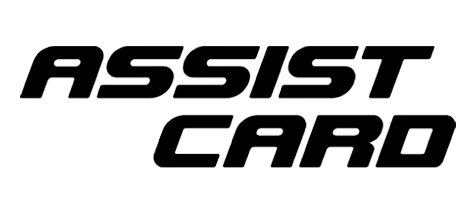

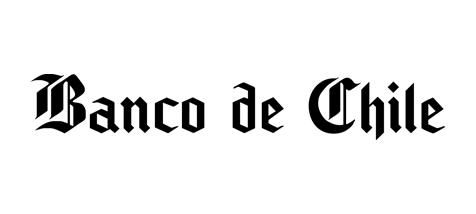
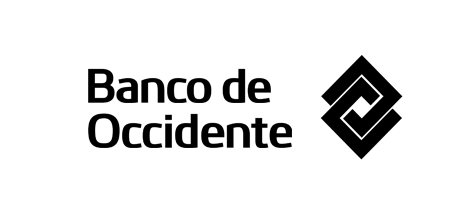

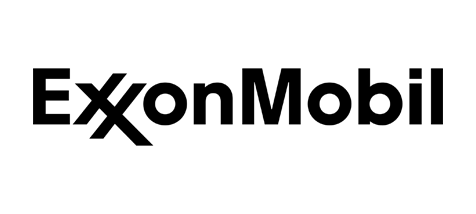

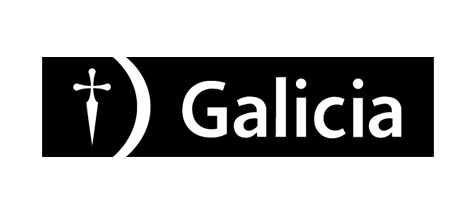
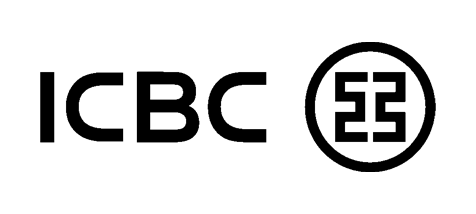
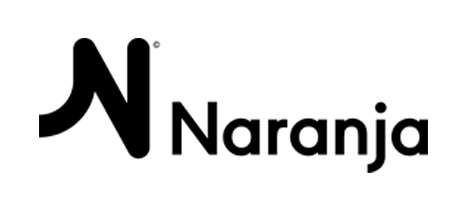

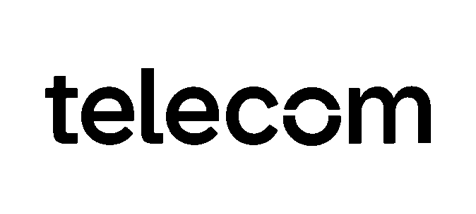
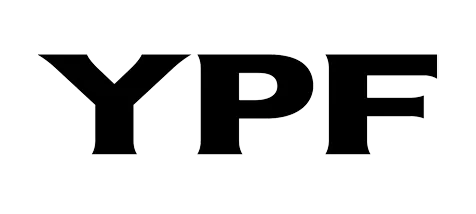


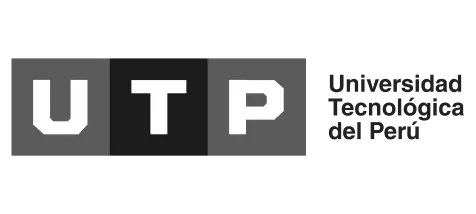
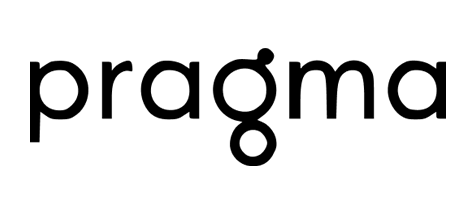
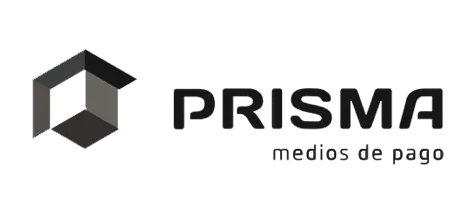
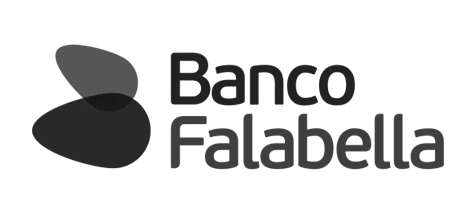

FAQs
If you're looking to learn agility, do not take this program yet. Contact us at hello@alaimolabs.com so we can share our piece of advice on this.
None.
CERTIFICATION PROGRAM:
In order to be certified at the end of the program, it is necessary that you have completed either the A-CSM certification from the Scrum Alliance, or PSM III from Scrum.org.
Certification not included.
CERTIFICATION PROGRAM:
The certification is granted by Martín Alaimo. Martín is a professional with more than 15 years of experience in Agile Coaching throughout Latin America, the only Spanish-speaking professional with the four most advanced certifications of the Scrum Alliance and Certified Professional Coach (PCC) from the International Coach Federation (ICF). Beyond that, his experience with organizations of different sizes and businesses supports it too. In addition, Martín founded Kleer, the first Latin American REP of the Scrum Alliance, in 2009.
It is a 100% online course to do it on your own terms. You will have all the material (videos, readings, guides, etc.) from the first day of the beginning of the course, and you will not have any requirement of date or time for its realization.
CERTIFICATION PROGRAM:
LClasses are recorded if you have not been able to participate. Important note: To achieve the certification you must comply with 75% attendance at online classes.
TBoth the ACADEMY modality and the CERTIFICATION PROGRAM modality address coaching mainly from an ontological point of view, and complement it with other approaches and models, for example, that of the ICF (International Coach Federation), the GROW model, team coaching model and introduces an application scheme to Agile Teams. In brief: Ontological Coaching is a coaching style. Agile Coaching is a particular application of coaching (which may or may not be ontological).